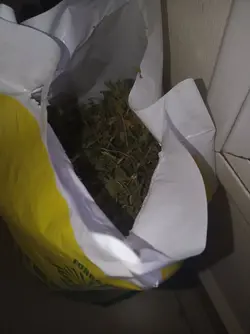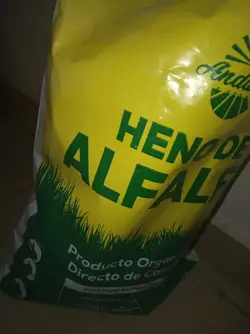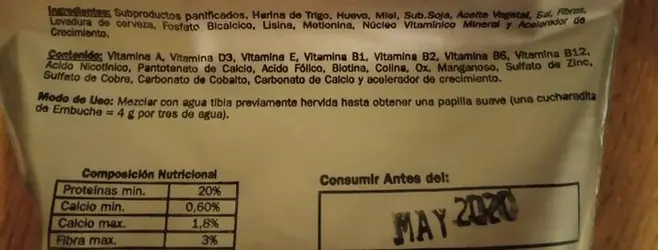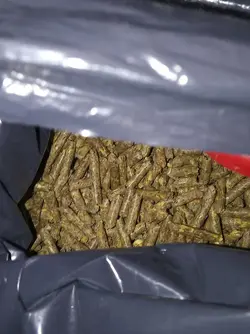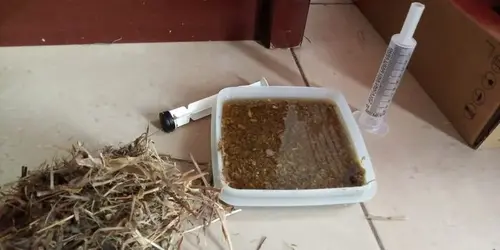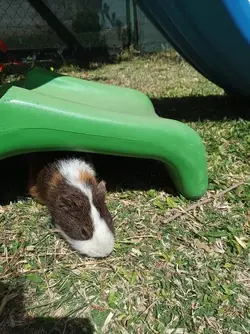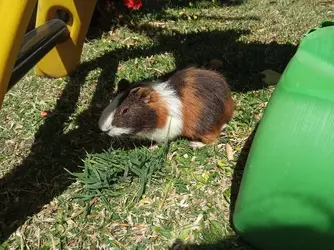AnaMT
New Born Pup
My Guinea pig ( american type) is eating poor. He has lost 50 grams of weight. Jos poops are like sausage link. He is almost 6 years old. Today se go to the vet but he does not seem to have given it importance. He only told me that I have to give him his food in small pieces or feed him with powder that is prepared with water and used for small birds. I am not very convinced. I don't have another vet of exotics  Any adviced? In the weekend is very dificult and here there are many restrictions due to pandemic
Any adviced? In the weekend is very dificult and here there are many restrictions due to pandemic
